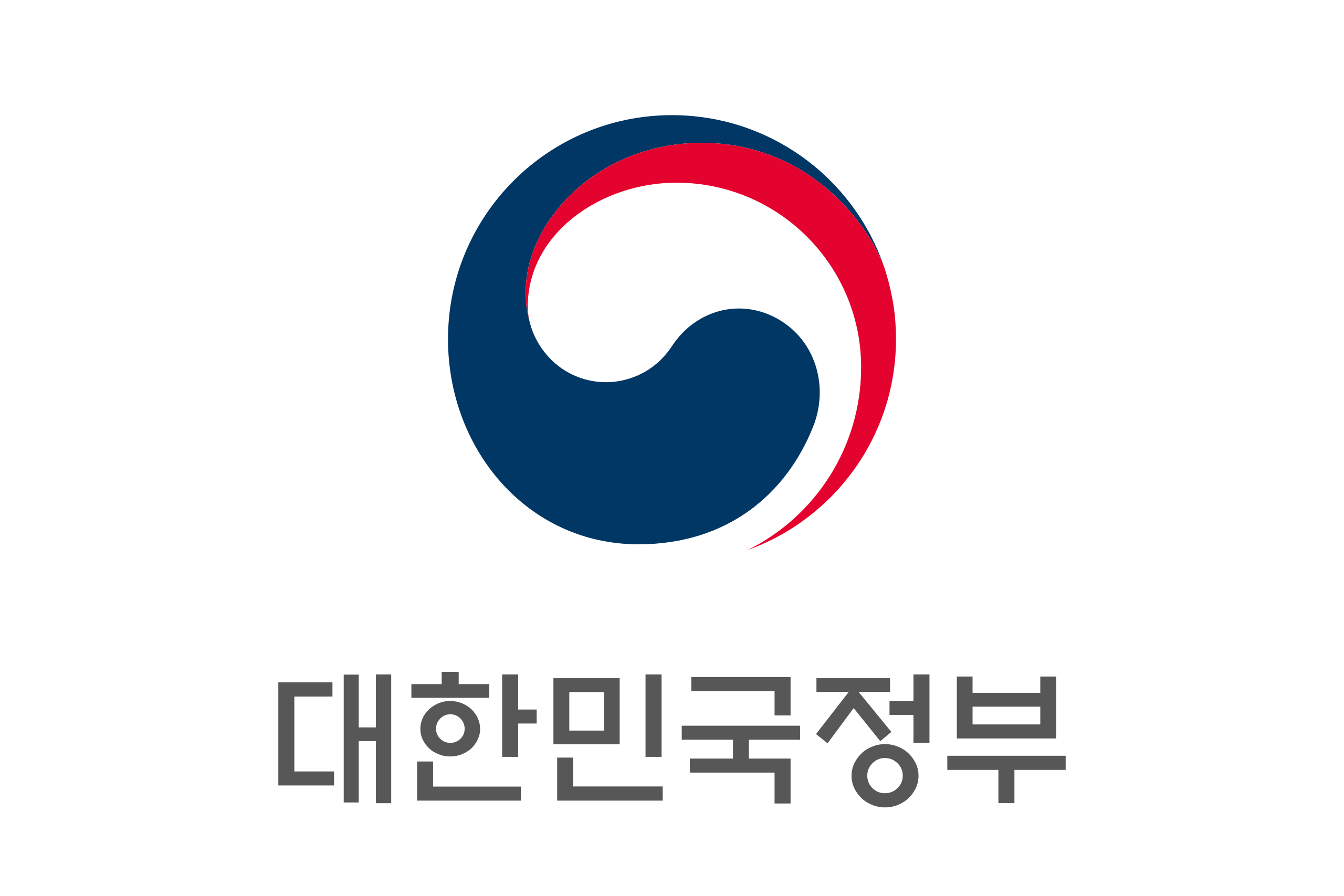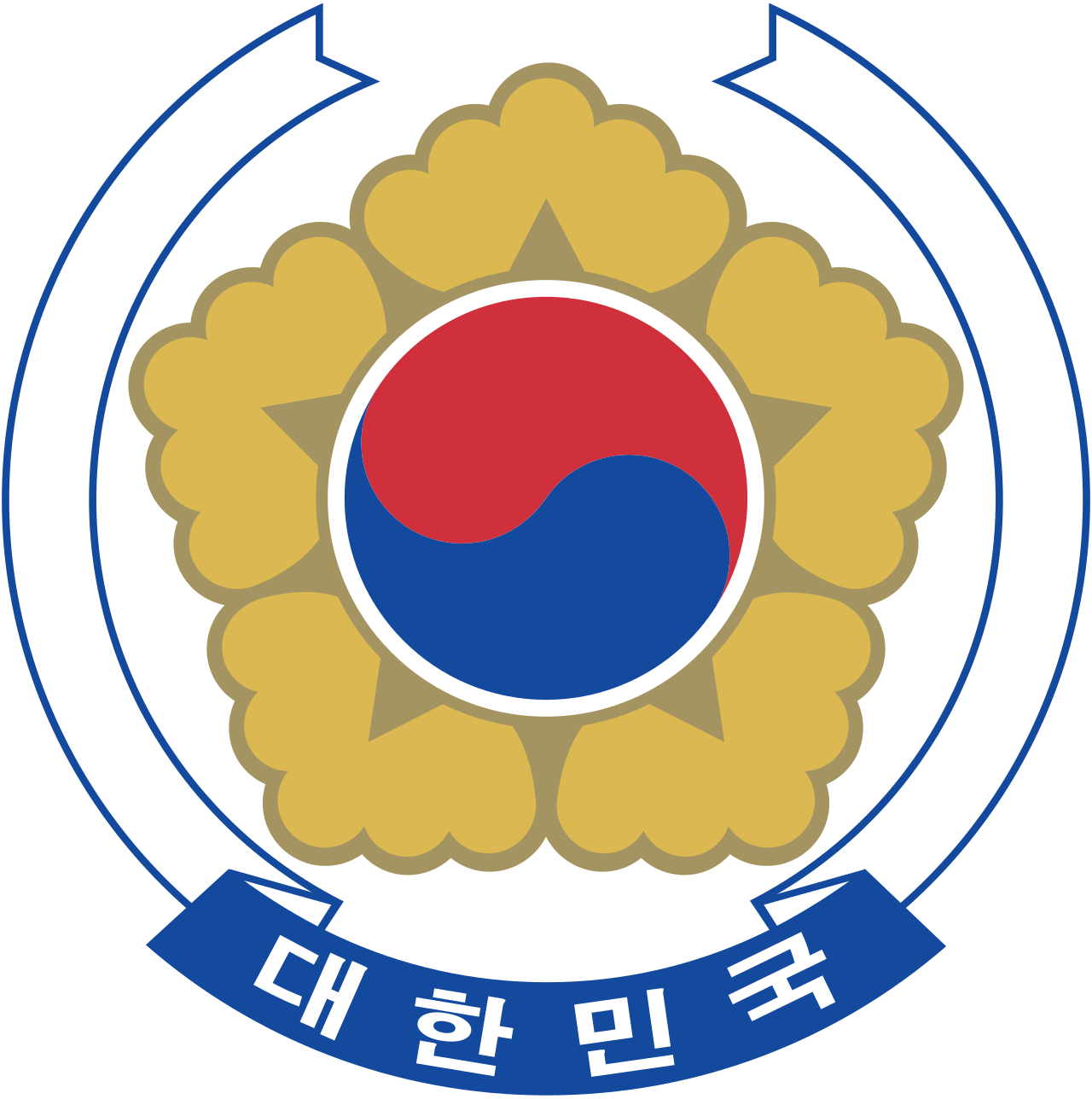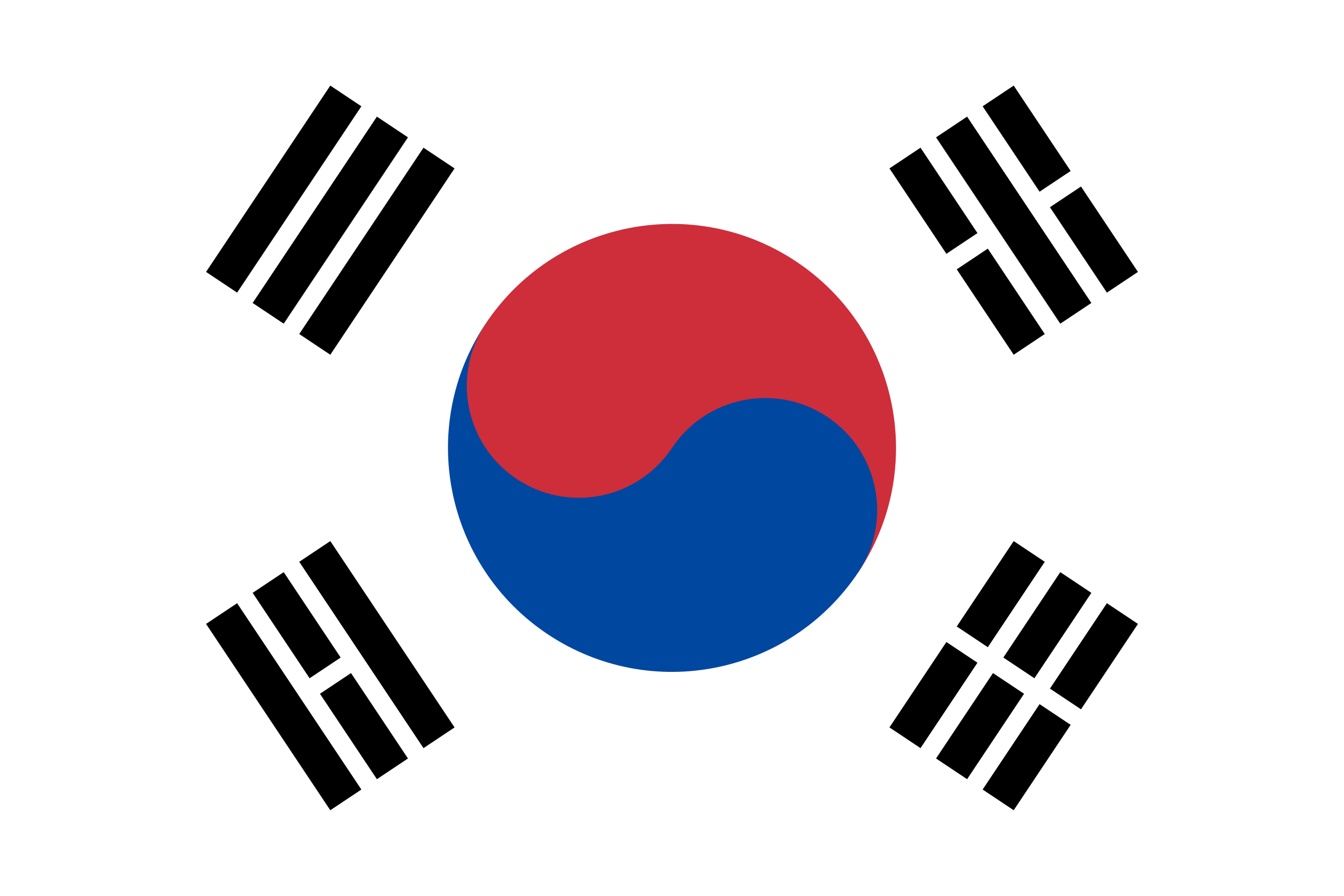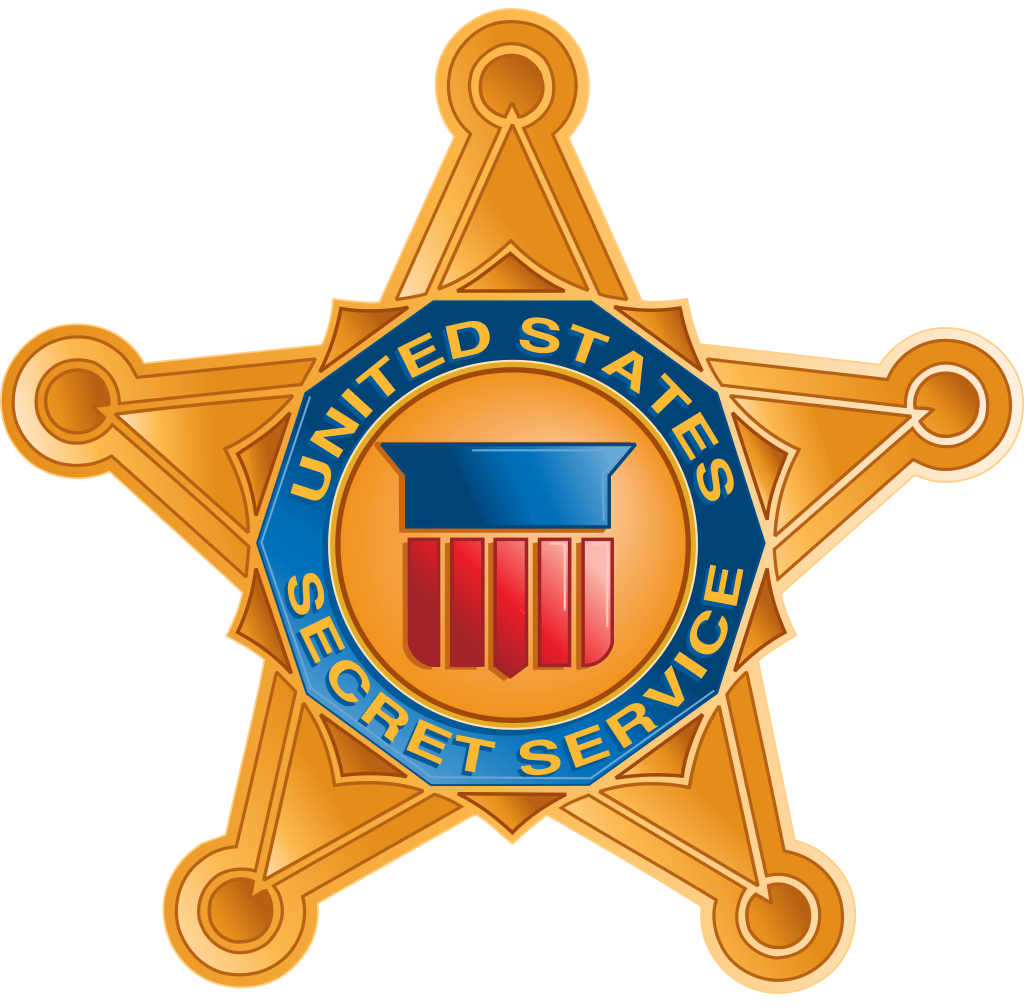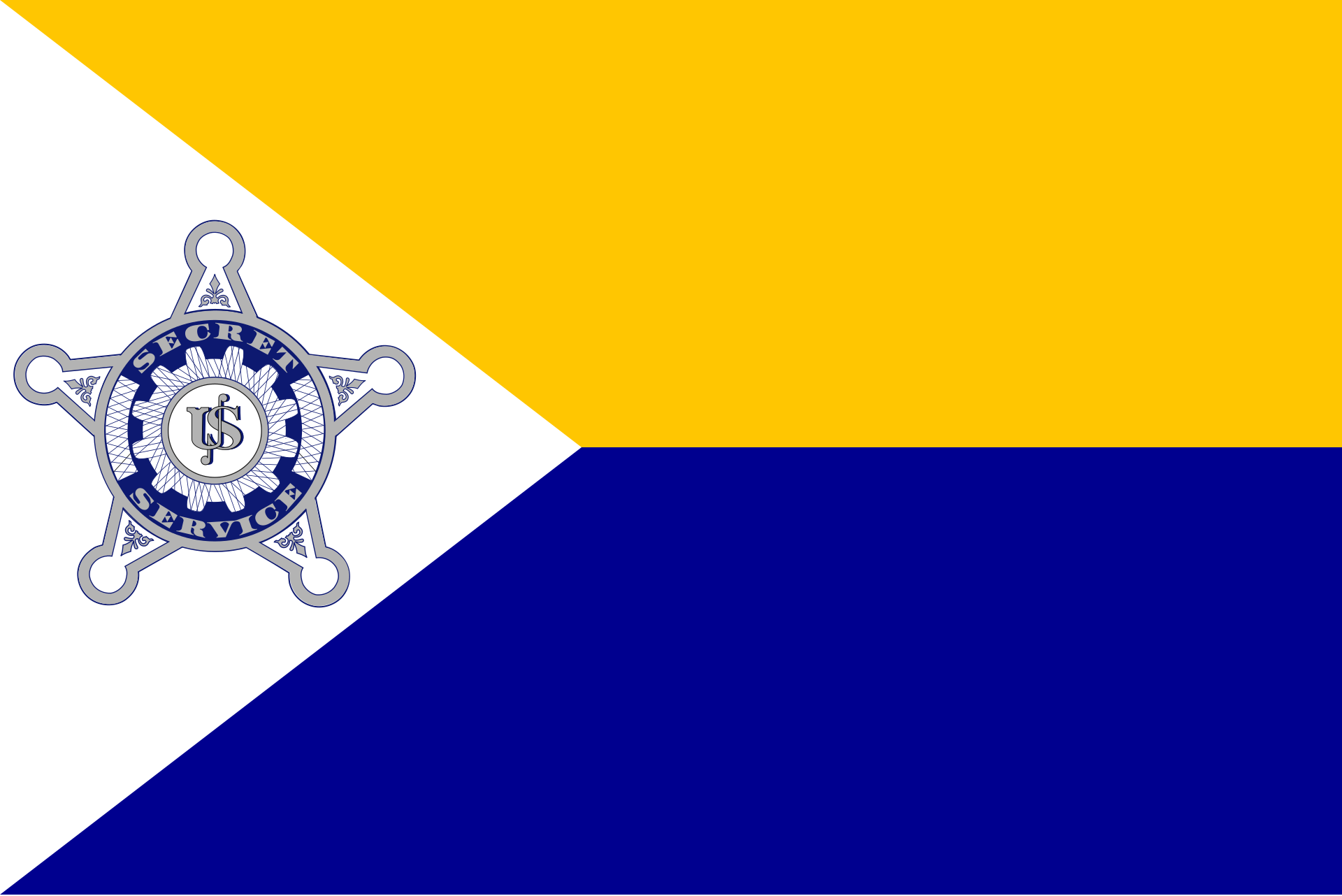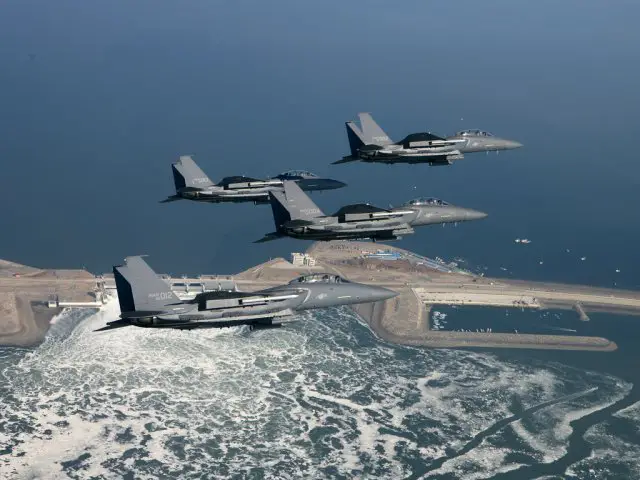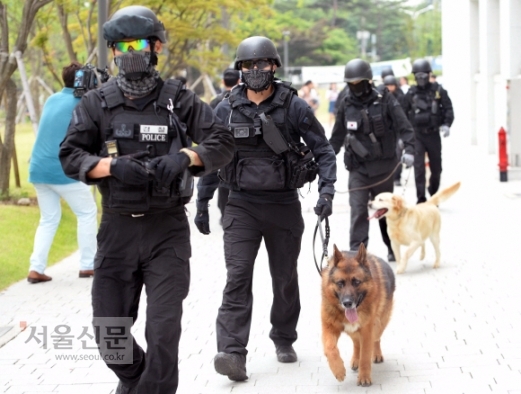- Jul 12, 2018
- 9,342

| 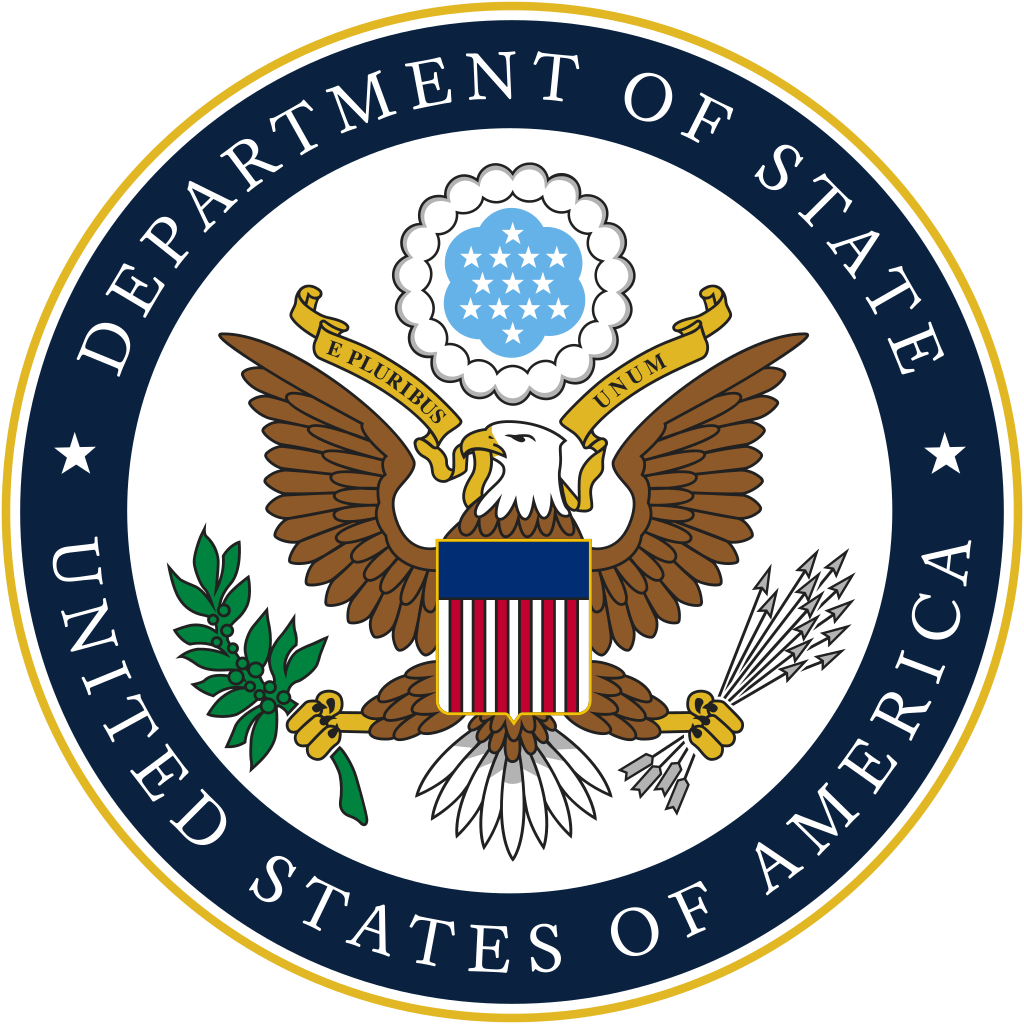
| 
|
OFFICE OF THE SECRETARY OF STATE |
ENCRYPTED MESSAGE |
TO: Baek Jeonghee, Minister of Foreign Affairs of the Republic of Korea ( Jay )
Nguyễn Mạnh Cầm, Minister of Foreign Affairs of the Socialist Republic of Vietnam ( HeadlessSeeker )
Nguyễn Mạnh Cầm, Minister of Foreign Affairs of the Socialist Republic of Vietnam ( HeadlessSeeker )
FROM: Jackson Fitzgerald, Secretary of State of the United States of America
Foreign Minister Baek Jeonghee,
The United States and Korea have made significant strives to improving our international relationship. The White House, and I believe the entire world, is exceptionally impressed with what Korea has been able to do in regards to the reunification of the Republic and the DPRK. What Korea has done is something that most of the world did not think was even possible. I believe that this has, in part, inspired the United States and Vietnam to hopefully be able to settle our differences and the conflict we had in the past. After careful discussions between the United States and Vietnamese governments, we have decided to hold high level talks between our vice presidents. We have considered several places to meet and have decided that Korea would be an excellent neutral ground for our leaders to meet - specifically Jeju Island. We would be very thankful if your government would be willing to host us at Jeju island at a location that you think would be suitable for such a meeting. If your government finds this acceptable, we would very much appreciate the opportunity to send inspectors to the site, and I am sure both of our governments would like to privately discuss security protocols with your government.
We understand that this is a significant request, but we hope that your government would be willing to help our nations reconcile just as your nation has managed to do.
Respectfully,
Jackson Fitzgerald
Secretary of State
[/TD][/TR][/TD][/TR]Foreign Minister Baek Jeonghee,
The United States and Korea have made significant strives to improving our international relationship. The White House, and I believe the entire world, is exceptionally impressed with what Korea has been able to do in regards to the reunification of the Republic and the DPRK. What Korea has done is something that most of the world did not think was even possible. I believe that this has, in part, inspired the United States and Vietnam to hopefully be able to settle our differences and the conflict we had in the past. After careful discussions between the United States and Vietnamese governments, we have decided to hold high level talks between our vice presidents. We have considered several places to meet and have decided that Korea would be an excellent neutral ground for our leaders to meet - specifically Jeju Island. We would be very thankful if your government would be willing to host us at Jeju island at a location that you think would be suitable for such a meeting. If your government finds this acceptable, we would very much appreciate the opportunity to send inspectors to the site, and I am sure both of our governments would like to privately discuss security protocols with your government.
We understand that this is a significant request, but we hope that your government would be willing to help our nations reconcile just as your nation has managed to do.
Respectfully,
Jackson Fitzgerald
Secretary of State



